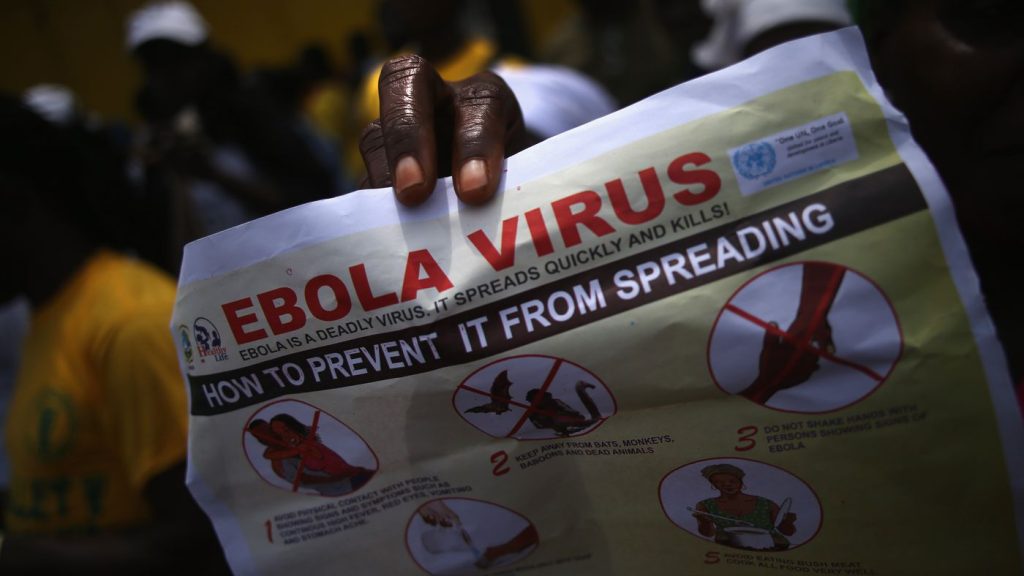Following last week’s announcement by the ministry of health that there was an outbreak of the highly contagious Ebola virus in Uganda, a total of 16 people have contracted the virus, while a further 18 people have also likely had the disease.
Four people have already died from the virus, while 17 are also suspected to have died from the virus. The outbreak has now spread to three districts (Mubende, Kyegegwa, and Kassanda).
Ebola virus disease (EVD) is a very rare disease caused by infection with Zaire ebolavirus, one of four types of the virus that is known to cause illness in people.
It is believed to occur naturally in specific animal populations that live in multiple sub-Saharan African countries. Occasionally people become sick with Ebola after coming into contact with infected animals, which can then lead to Ebola outbreaks being spread person-to-person.
When living in or traveling to a region where Ebola virus is potentially present, there are a number of ways to protect yourself and prevent the spread of EVD.
Avoid contact with blood and body fluids (such as urine, feces, saliva, sweat, vomit, breast milk, amniotic fluid, semen, and vaginal fluids) of people who are sick.
Avoid contact with semen from a man who has recovered from EVD, until testing shows that the virus is gone from his semen.
Avoid contact with items that may have come in contact with an infected person’s blood or body fluids (such as clothes, bedding, needles, and medical equipment).
Avoid funeral or burial practices that involve touching the body of someone who died from EVD or suspect EVD.
Avoid contact with bats, forest antelopes, and nonhuman primates (such as monkeys and chimpanzees) blood, fluids, or raw meat prepared from these or unknown animals (bushmeat).
After returning from an area experiencing an Ebola outbreak, people should monitor their health for 21 days and seek medical care immediately if they develop symptoms of EVD.
